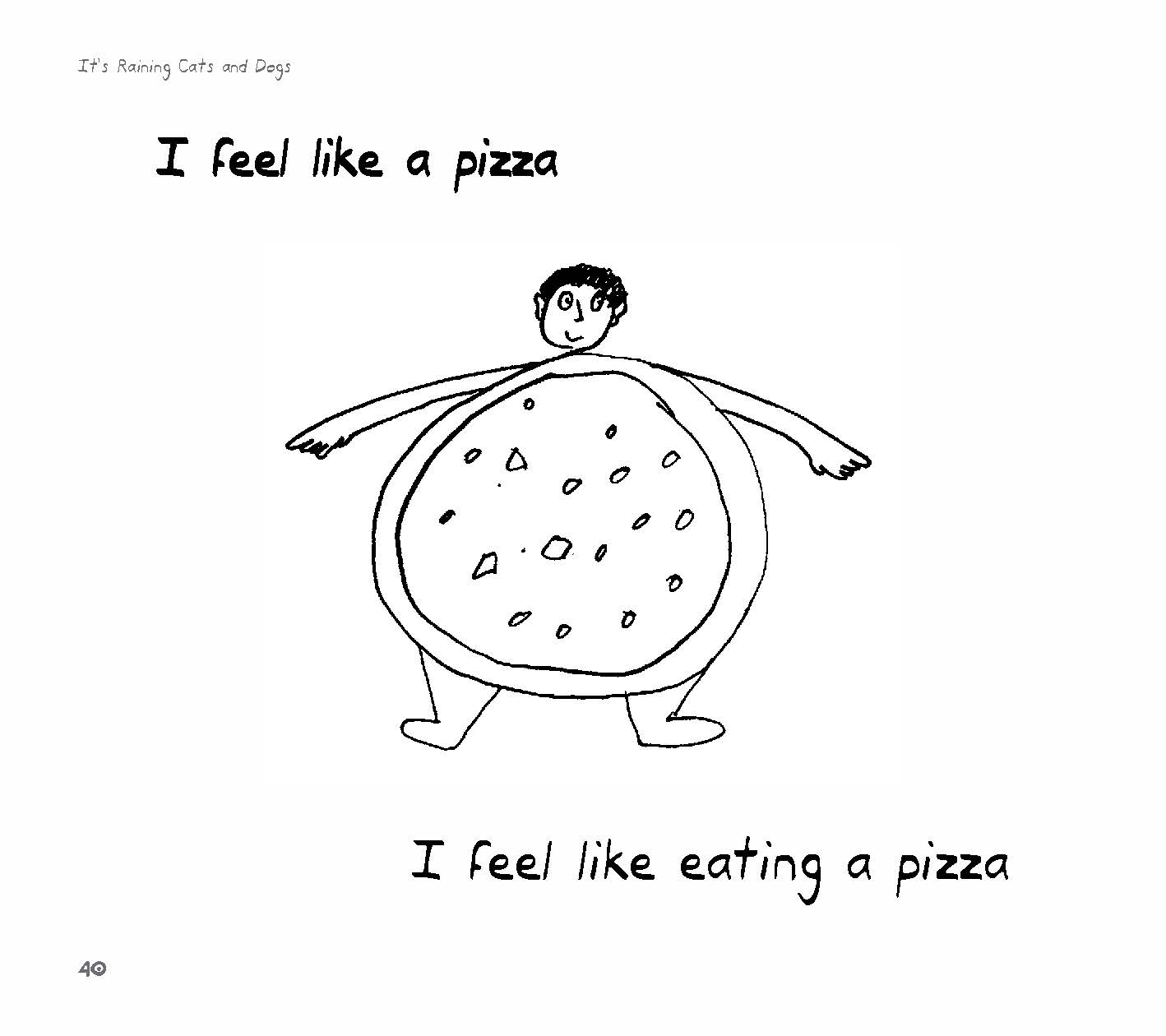 Michael Barton is a student with high functioning autism. In this 60 second (short) interview, he gives his top tips for surviving school and shares some artwork from his new book, It’s Raining Cats and Dogs, and his hopes for the Autism community.
Michael Barton is a student with high functioning autism. In this 60 second (short) interview, he gives his top tips for surviving school and shares some artwork from his new book, It’s Raining Cats and Dogs, and his hopes for the Autism community.
Can you share some of the challenges you, as an individual on the Autism Spectrum, faced at school when you were younger?
The logical mind of people on the spectrum influences everything about them, including the way that they interpret everyday situations and expressions. People on the spectrum can suffer in the real world if other people don’t understand how they think. For example, if a teacher tells a boy to ‘Pull his socks up’ and he literally does just that, the teacher may interpret it as insolence, which will then result in punishment (I know this from experience). However, if the teacher had read my book, and realised that the boy was just following their instructions literally, they would recognise that they were at fault for not being explicit enough. I remember someone once told me to ‘Wait a minute.’ After 60 seconds I started to get impatient and told them that I’d waited for over a minute. Despite my following their instruction to the letter, they thought that I was being extremely rude.
To help me understand and make sense of these ridiculous expressions, I started drawing the mental images that sprang to mind when I heard them. Underneath each drawing I wrote the actual meaning of the expression so that I could understand and remember what each expression meant, and thus what people were trying to tell me when I heard them. After a while I had a substantial folder of these, and this was the first stage in producing my book.
Do you think children can take as much from your book as adults or young people?
Definitely – these pictures were how I learnt what the idioms and sayings meant! The drawings are based on the expression itself, rather than the actual meaning, so children are far more likely to remember what the expression means.

What advice would you give to children who are struggling in school with other things besides language and expressions?
My first bit of advice is for them to pursue their special interests. Particularly if they’re interested in something popular, like Pokémon, this can be a good way for them to make friends with similar interests.
I would also highly recommend taking up Judo. It doesn’t require good social skills, there are clear and concise instructions and rules, it’s an Olympic sport and it’s great fun! It means you can defend yourself so you’ll never get bullied and people will want to get to know you more because they feel safe around you.
One other bit of advice: take up a musical instrument. Everyone likes music, and if you’re a good musician people will want you in their band or orchestra or to entertain them. In other words, you’ll be in demand.
You were recently featured in New Scientist magazine, coinciding with World Autism Awareness Day. As awareness and understanding continues to grow, what are your hopes for the future in terms of the Autism community?
I hope that autistic people will be understood better and that their talents will be appreciated. Their natural abilities for numeracy, concentration and memory should be recognised by employers, making it easier for them to find stable employment and therefore becoming valuable members of society.
Copyright © Jessica Kingsley Publishers 2012.
This is a really good article. More people should be aware of how children can and do suffer in mainstream schools. A lot of schools still cast children with autism aside and focus on the children they expect to be in top set and give the school a good ofsted report. This only serves to make children with autism to stand out more to other children to put down.